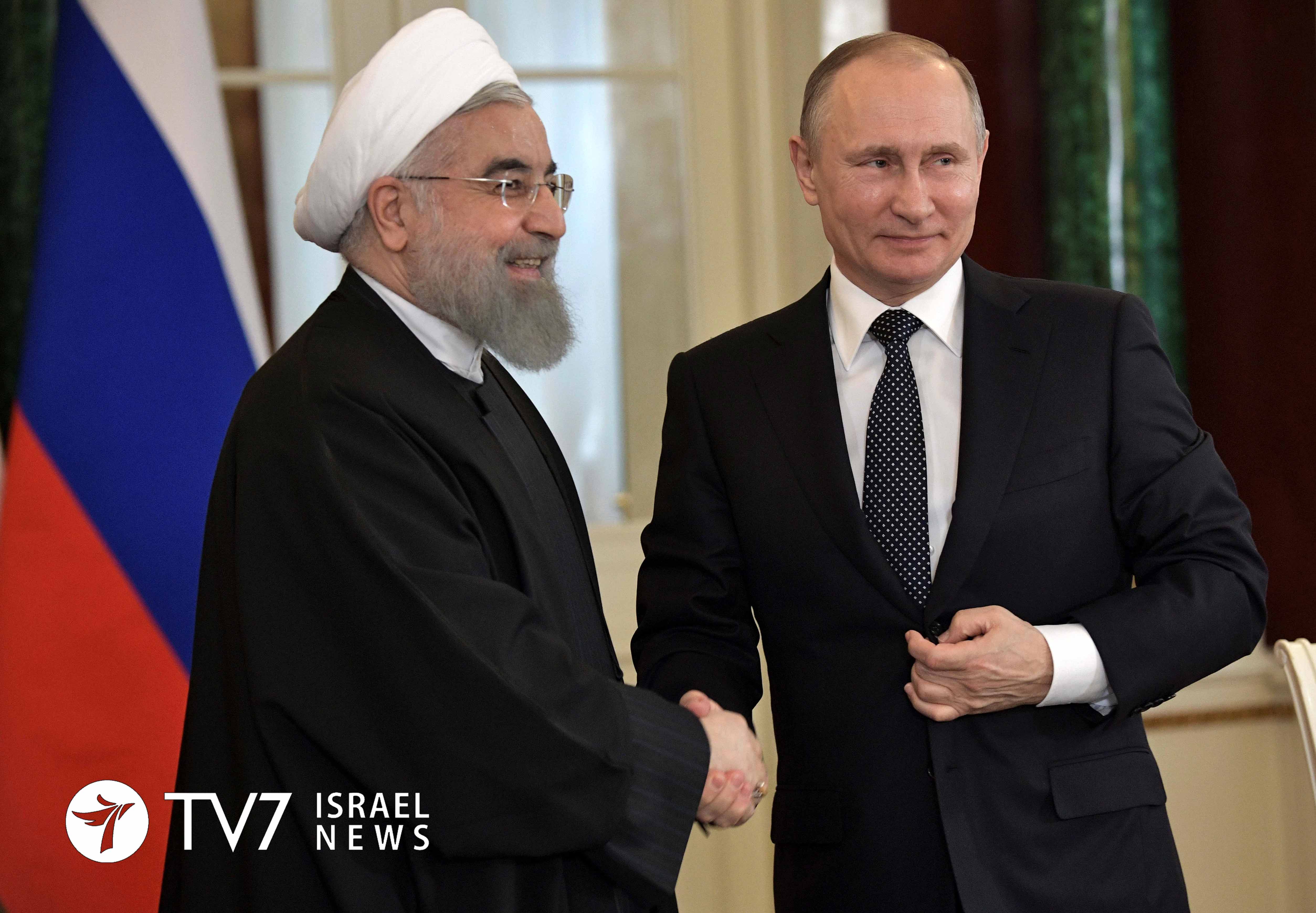President Vladimir Putin welcomed to the Kremlin Iranian President Hassan Rouhani, in a visit aimed at bolstering bilateral relations and further coordinating joint efforts in the Middle East, including their strong partnership in the Syria conflict. During their meeting, the two leaders signed several bilateral agreements in the sectors of energy and security, among others. Speaking at a joint press conference, President Vladimir Putin said that the two countries will continue to “cooperate within the framework of the Gas Exporting Countries Forum and coordinate efforts in stabilizing the world’s oil market.”
“We see a good opportunity to broaden the cooperation in gas and oil sector. Russian leading companies have achieved a range of important agreements on development of large hydrocarbon fields in Iran. Our countries cooperate within the framework of Gas Exporting Countries Forum (GECF), coordinate efforts in stabilizing the world oil markets.”
With regard to the conflict in Syria, the President Putin stressed that Russia and Iran, together with Turkey, will advance future talks in Astana between the Syrian Government and opposition, in a multi-lateral effort to contribute to further progress a peaceful political settlement in Syria.
“Participation of Russia and Iran together with Turkey as guarantors’ states at the talks in Astana between the representatives of armed opposition and Syrian government is an important contribution to further progress of peaceful political settlement in Syria, supports inter-Syrian talks and the corresponding U.N.-sponsored process in Geneva,” added Putin.
Moscow is currently try to salvage a nation-wide cessation of hostilities in Syria, which in reality collapsed during the last round of talks in Astana, that ended one day early when rebels accused President Assad’s forces of violating the fragile ceasefire. With UN-backed talks taking place in Geneva, scheduled until April 1st, Russia is holding meetings with both delegations of the government and opposition, to halt the escalating situation on the ground. UN envoy for Syria, Staffan de Mistura, emphasized that the Russian-brokered ceasefire was an imperative foundation that made talks on a political solution viable, while warning that if Moscow was unable to salvage the ceasefire, the political process would collapse.
